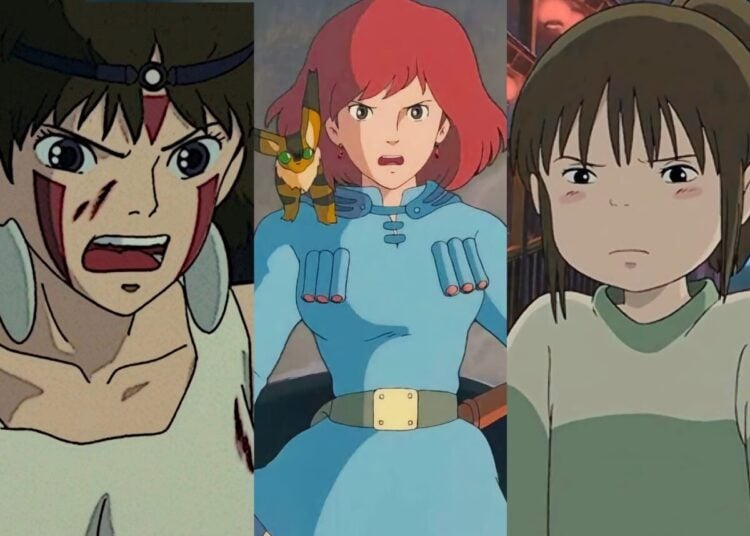Before I started J-List I was an English teacher, and taught ESL to a wide range of Japanese students, from kids to the elderly and everyone in between. Although my students tried hard to learn, the sad reality is that most of them won’t become really good at the language in their lifetimes. There are dozens of reasons why Japanese usually don’t attain proficiency at English despite six years of education (more if they study English in college), but some major ones stand out. First, the Japanese draw a line between “English” (grammar and vocabulary) and “English conversation” (an ethereal thing which can’t be defined), and since only the former can be measured in tests, students tend to be more concerned with demonstrable English skills rather than communication. Second, Japan’s system of education is very rigid, and most teachers in the system aren’t that capable at speaking themselves, which creates resistance to reform. Finally, just as a computer needs a “killer app” to justify its existence, Japanese need a consuming reason to study English if they’re to attain real fluency. If you’re in the U.S., you probably don’t need German to get through your day, and it’s the same for most Japanese — there’s little actual need to use English in their daily life. Currently, Japan’s Ministry of Education, which decides the curriculum from for the entire nation, is trying to promote English and “internationalization” (an buzzword that gets thrown around a lot in official circles) by having kids start learning English from the third grade. However, I’m not hopeful that this will have any meaningful effect on English education in Japan.
When I was growing up, I remember thinking that they had arranged marriages in Japan, probably something I got from watching the episode of Happy Days where Arnold gets married in a traditional Shinto wedding ceremony. In reality, they have “arranged meetings” called omiai, a kind of formal meeting between prospective partners, usually organized by busybody aunts who can’t leave well enough alone. At an omiai, both parties talk about their interests and background and if they hit it off, they go out on more conventional dates to see where things lead. Before my wife met me, she had had omiai meetings with a few men, for example the son of a sake distributor that our liquor shop buys from, hence she couldn’t refuse — fortunately for me she didn’t hit it off with any of them. As time marches on, the old-style formal omiai meeting is giving way to more modern methods, with companies that organize “omiai parties” (gatherings of marriage-minded people who interact with each other in a fixed space) and services that are like online dating but with a Japanese twist.
Like most gaijin, I had a fixation with Japanese vending machines when I came to live here, and took many silly pictures of them. Vending machines are quite advanced here, and often accept 10,000 yen notes (the equivalent of a $100 bill) and give change, verbally thanking you for your purchase. In Tokyo, where land is scarce, there are vending machines that are incredibly slim, so you can fit them in small spaces. You can buy just about anything from vending machines here, including canned coffee (hot in the winter, cold in the summer), canned corn soup, and cigarettes. Eggs and rice are sold in areas where there are no shops around, and I’ve seen machines that sell frozen meals and microwave it for you. Beer has been sold in vending machines for decades, and I have many fond memories of sitting in front of the local vending machine with friends, throwing a few back and talking with people who came by on their way to the station. Beer vending machines are being phased out, though, due to concerns about minors buying alcohol — although the machine we have at our liquor store features a slot which reads your drivers’ license for verification. Adult products are sometimes sold in vending machines, too, since customers like the privacy a machine affords.
We couldn’t be happier with how popular the Japanese 2005 calendars have been this year. We’ve moved tons of these unique and beautifully printed calendars to people all over the world. Every day, a few more calendars sell out forever. We still have 80+ different items in stock, including the really cool Totoro and Kiki’s Delivery Service desktop calendars, other gorgeous anime items, popular swimsuit and JPOP idol calendars, and cool traditional offerings like kimono idols, sushi and bento. Remember, buy 4 or more and get 15% off automatically.
Remember that J-List carries dozens of amazing Domo-kun products for you, more than any other company in the world, we’re pretty sure. Domo-kun is the ultra-cute spokesmonster for the “BS” (broadcast satellite) TV network operated by NHK, the BBC of Japan, and he’s as cute a monster as you could ever hope to see. We’ve got tons of amazing Domo-kun toys on the site, from the famous classic plush toys to the limited-edition Shinsengumi Domo-kun toy and much more.















